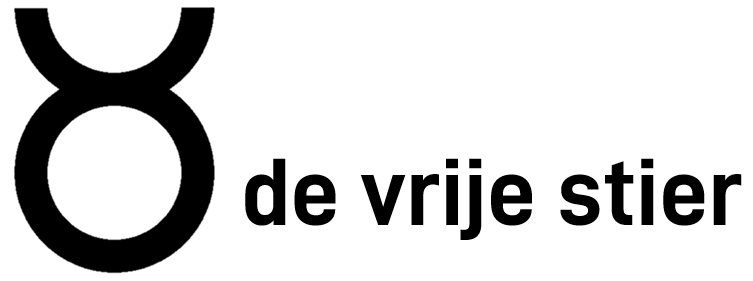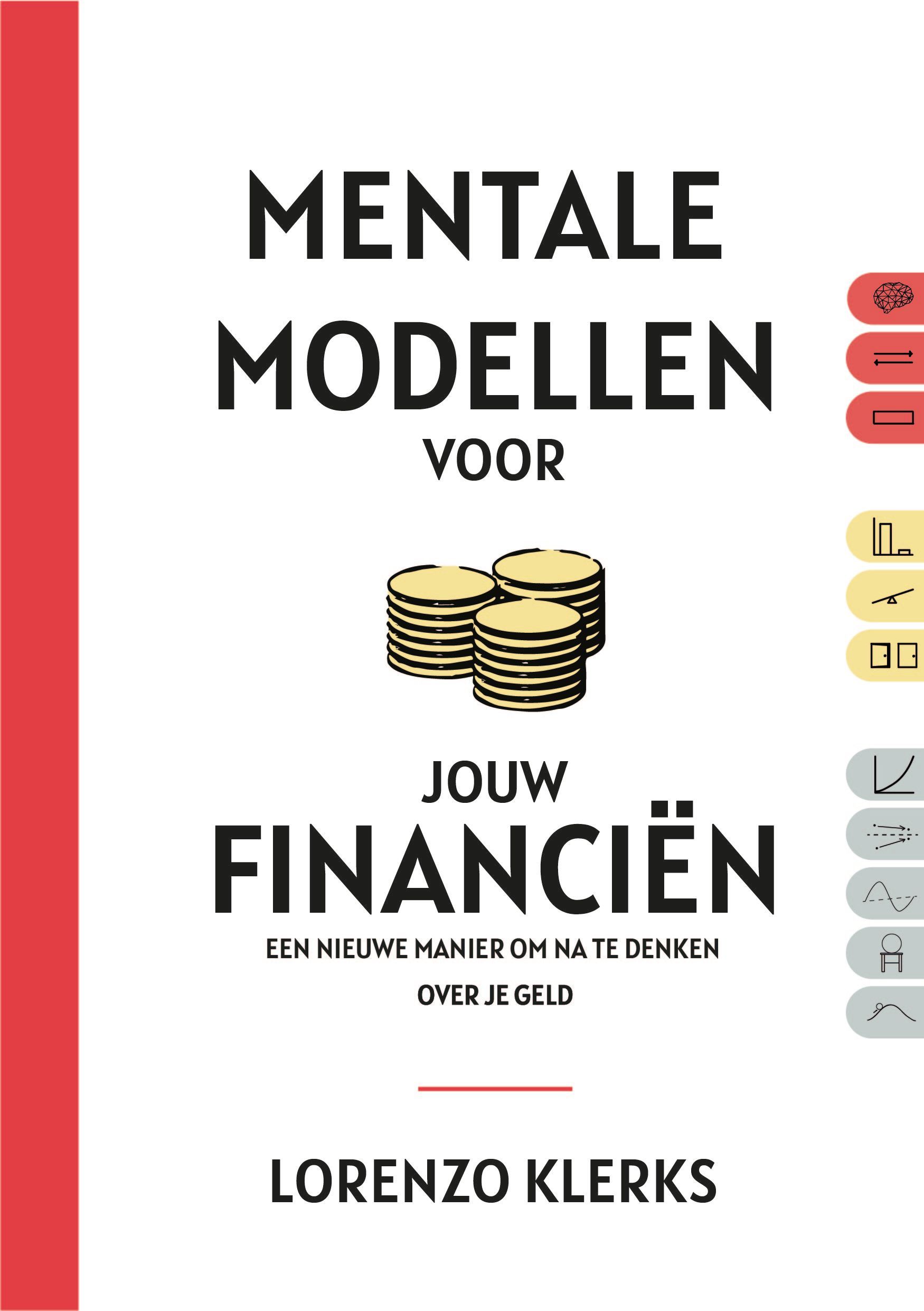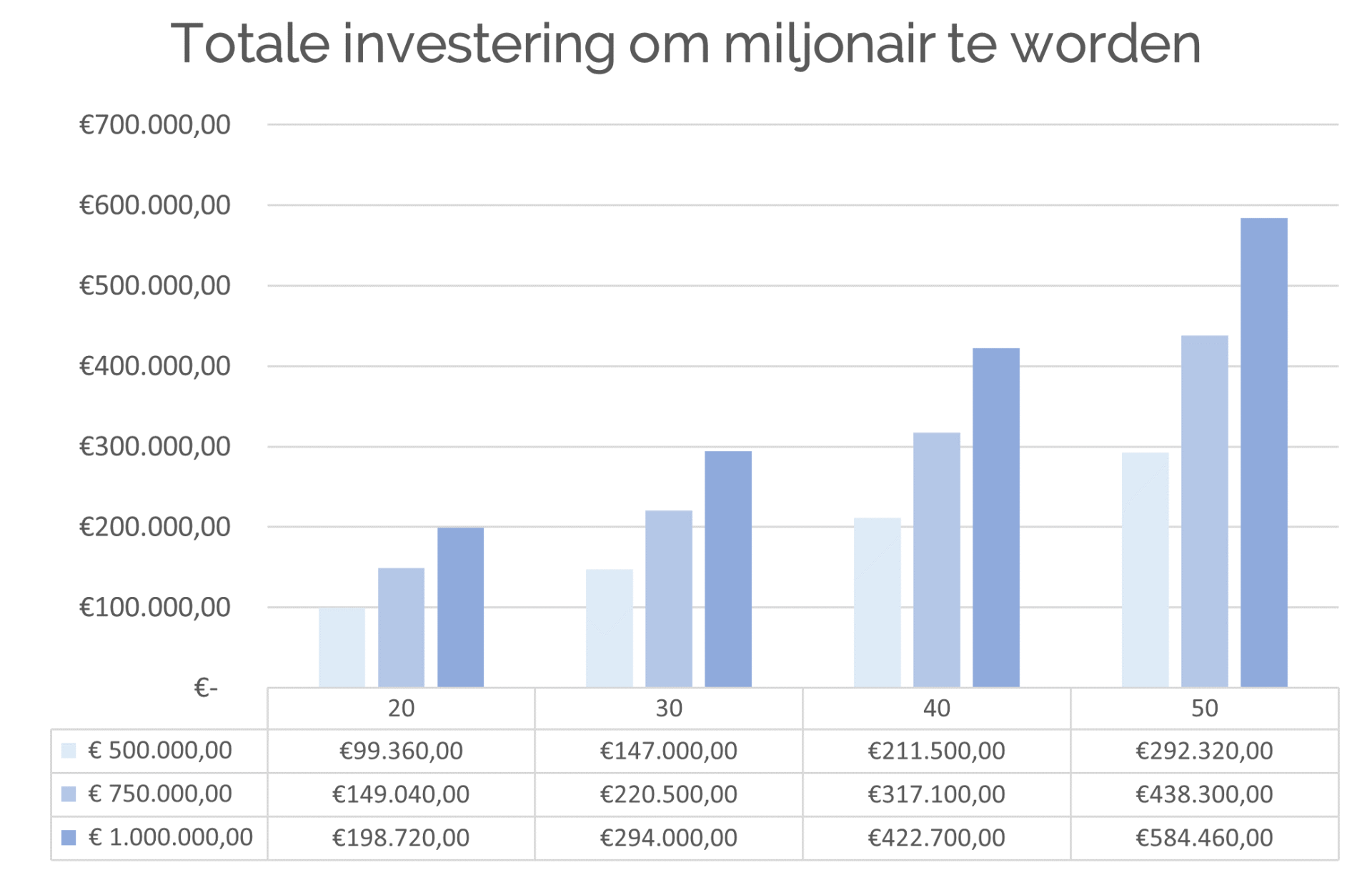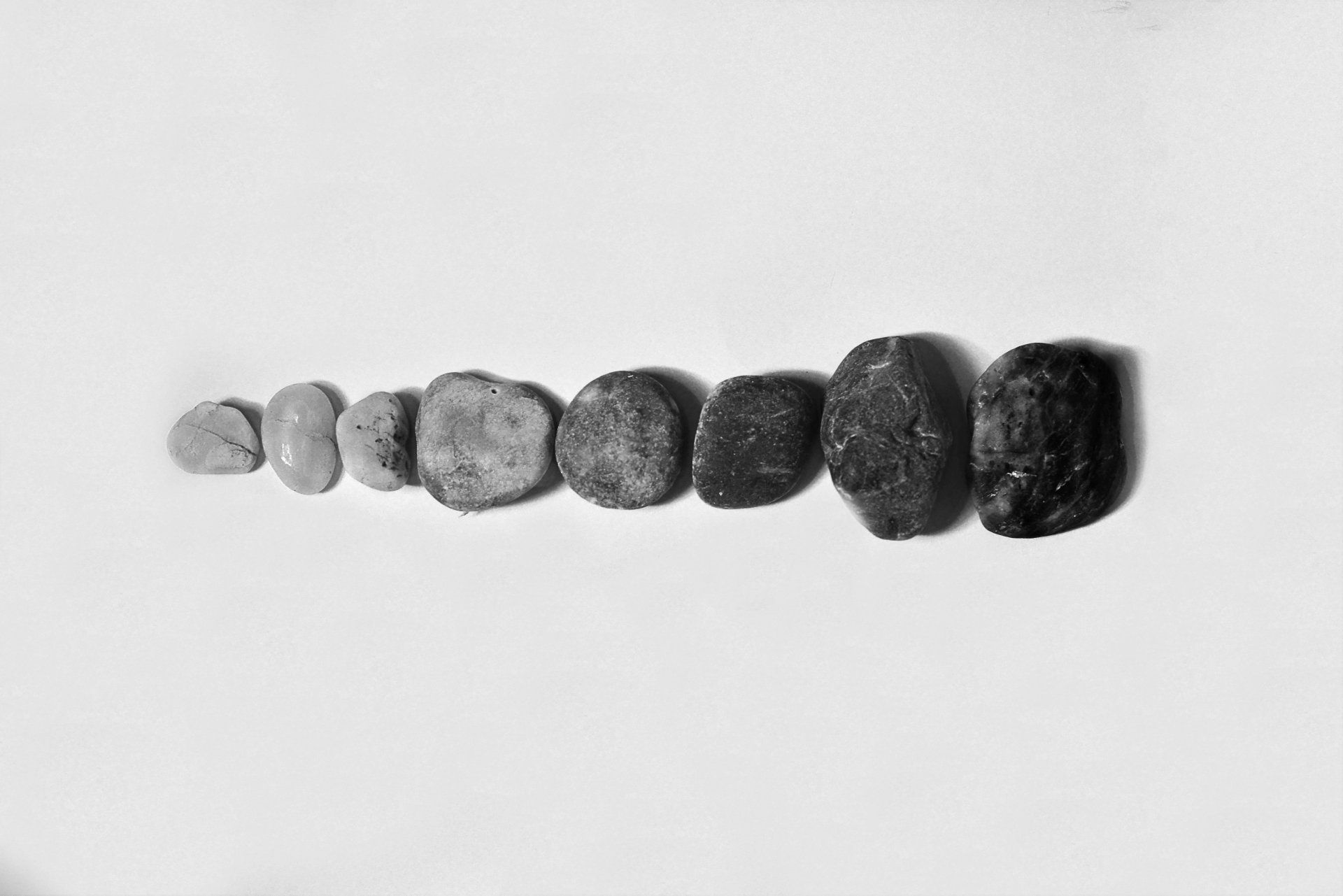58. Vier beleggingsfilters van Tom Gayner en Markel Corporation
58. Vier beleggingsfilters van Tom Gayner en Markel Corporation.
Mijn favoriete schrijver, Morgan Housel, vertelde laatst in een podcast dat hij gevraagd werd door Tom Gayner om plaats te nemen in het bestuur van Markel (MKL). Ik vond dit vrij merkwaardig en ik wilde Markel onderzoeken. Wat ik vond was een diamant die al jaren onopgemerkt onder mijn neus lag.
Wat is Markel?
Markel Corporation is een holdingsbedrijf voor verzekeringen en investeringsactiviteiten. Hey, deze structuur heb ik eerder gezien. De structuur van Markel lijkt op de structuur van Berkshire Hathaway. En inderdaad, net als Berkshire gebruikt Markel de inkomsten van alle ondernemingen binnen Markel om te investeren.
Markel werd in 1930 opgericht door Samuel Markel in Virginia. In de 1940 werd Markel groot door streekbussen te verzekeren. In 1986 kwam het bedrijf op de NASDAQ voor een aandeelprijs van $8,33. Momenteel worden de aandelen voor ongeveer $1300 gehandeld. Dit is een gemiddeld rendement van 14,6%. Niet alleen het aandeel heeft een geweldig resultaat. Het rendement op hun investeringsdeel van het bedrijf is voor een lange tijd fenomenaal. Dit komt mede dankzij Tom Gayner. Sinds 2023 staat Tom Gayner aan het hoofd van Markel na meer dan dertig jaar in het bedrijf.
Hoe haalt Markel deze resultaten?
Vier filters
In een recent interview met William Green van de Richer, Wiser, Happier podcast vertelt Gayner wat zijn filters zijn als er belegt wordt binnen Markel.
So step number one, good business, good returns on capital without too much debt. Check, check, check.
Lens number two is management teams with equal measures of talent and integrity. And so many of these lenses, I did not make these up myself. I learned them from people like Buffett and Munger and so many others.
But if you look at how they have behaved over so many years, clearly the returns on capital that Berkshire owns suggests the talent that they have and the talent that is embedded within the entire system of Berkshire and the behavior, the personal integrity, they’ve always given the shareholders an ethically good deal in terms of their cut of the vast, vast majority of their wealth through owning Berkshire shares and enjoying the exact same economics.
As what a shareholder does, it’s not economics that they would’ve earned as managers rather than shareholders. So that’s the test there.
Step number three, and this is really where Berkshire has distinguished itself and in so many ways, set the role model and the example, what we’re trying to do at Markel is does the business path capital discipline and can they find acquisitions to reinvest the cash they made or have capital discipline in terms of being good at acquisition or share repurchases or dividend payments.
Well, Berkshire had a tiny business 50 years ago and they made money and up until within the last year or two, they had taken on the challenge of reinvesting that money in their existing businesses or new businesses through acquisitions. So if you think about an Olympic diver and you know, you’re judged not only in how well you execute the dive but the degree of difficulty of that dive.
So if you have a very good business and it makes excellent returns but you pay the money out in dividends or share repurchases on a pretty regular basis, well, what you’re doing is a dive of only a certain degree of difficulty. If you take it’s a swan dive and you can do it and get a 10.0, but if it’s just a swan dive, you will only get but so high a score because the degree of difficulty involved in doing that is not as much as when you introduce the triple actual reverse lunge twist kind of depth, those dives are harder to do and to execute them well and with the same degree of precision that you can execute on a swan dive.
That’s how you become an Olympic champion. And if you look at Berkshire’s behavior and execution of an incredibly difficult dive for 30, 40, 50, 60 years, that’s what makes Berkshire special is that reinvestment lens and that reinvestment aspect of the third leg there.
And then the fourth, and it’s really the least important, it’s its price.
This will work. Do you buy this? We’re not such a price that the returns of the business itself are going to roughly match what you, as a shareholder will receive. And that just means don’t pay so ridiculous a high price when you find those three things that you, the fall is yours and your execution of the purchase decision rather than what intrinsically happened at the business itself.
Now here’s where the advantage of being part of the structure at Markel is so helpful. I spent the vast majority of my time on seeing whether those first three lenses are there. And if they are, and even if I conclude that this thing is way overpriced, I usually make myself buy just a little bit of it and then three months or six months go by and I sort of revisit my thesis and I think about whether those first three factors are still there.
Kort samengevat bestaat het filter uit:
1. Hoog rendement op kapitaal, Gayner wil goede bedrijven die een hoog rendement op kapitaal opleveren én weinig extra kapitaal nodig hebben.
2. Management met talent en integriteit. Beide zijn even belangrijk.
3. Bedrijven met herinvesteringsmogelijkheden. Gayner wilt een bedrijf dat inkomsten en cashflow kan samenstellen om de waarde van het bedrijf te verhogen.
4. Waarde. Natuurlijk wilt Gayner niet te veel betalen.
Sinds 2007 is dit een werkend beleggingsproces voor Gayner. Dit is vaak terug te zien bij goede beleggers. Elke belegging gaat volgens dezelfde stappen, hetzelfde proces en dezelfde principes. De reden van hun succes ligt niet in hun doelen, intellect of informatievoordeel. De reden voor het succes van Gayner, Buffett, Pabrai en Spier ligt in hun proces.
Het proces is belangrijker dan het doel. Als het proces goed is, volgt het bereiken van het doel vanzelf.
Blijf denken,
De vrije stier.
Schrijf je in voor de maandelijkse 1-1-1 nieuwsbrief
Geen ruis, alleen maar signaal
1 leestip
1 financiële tip
1 quote





